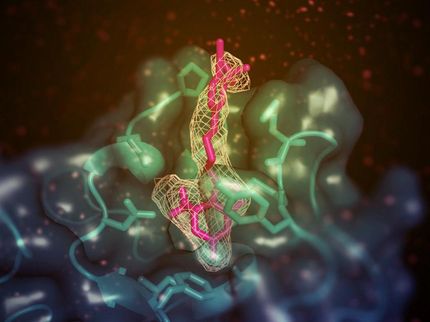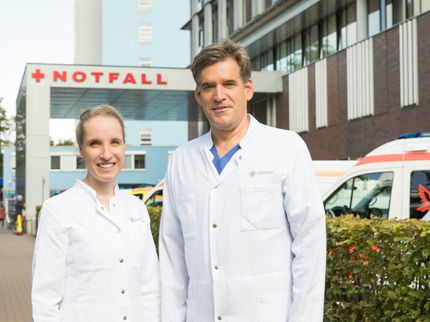Has HDL, the 'good' cholesterol, been hyped?
For years, physicians have told patients that HDL (high-density lipoprotein cholesterol) helps protect them from cardiovascular disease (CVD). And the higher the number, the more the protection. HDL, often considered an independent predictor of heart disease, has been dubbed the "good" cholesterol, thanks to its protective effects. But a new study shows for the first time that HDL's protection depends on the levels of two other blood fats or lipids associated with heart disease. If these fats are not within normal ranges, even a high HDL may not be protective.
The new research analyzes nearly 25 years of data from the Framingham Heart Study's Offspring Cohort. It focuses on the roles HDL, LDL (low-density lipoprotein cholesterol) and triglycerides (TG) play in increasing or decreasing the risk of heart disease. The study followed 3,590 men and women without known cardiovascular disease between 1987 and 2011.
"There's no question that HDL does have a protective role, as we also confirm in the study, but HDL has been hyped-up," says senior author Michael Miller, MD, professor of cardiovascular medicine at the University of Maryland School of Medicine and preventive cardiologist at the University of Maryland Medical Center. "HDL really should be viewed as a third priority, with LDL on top and TG second."
The questions:
- Can the level of HDL by itself determine the risk of a person developing heart disease?
- What happens to the risk if LDL and TG are abnormal?
The method:
- The researchers looked at study participants with both low and high HDL levels, and
- Those who also had normal and high levels of LDL and TG
"Nobody has really looked at an isolated low and isolated high HDL, and whether or not other factors, such as triglycerides and LDL, make a difference in the risk of cardiovascular disease," says Dr. Miller.
The conclusions:
- HDL was not uniformly predictive of cardiovascular risk
- TG and LDL modified the incidence of CVD in both low- and high-level HDL
- Compared with isolated low HDL, the CVD risk was 30-60 percent higher in the presence of high levels of LDL, TG or both
- High HDL was not associated with reduced CVD risk if TG and LDL were above 100 mg/dL
Original publication
Original publication
Jacquelaine Bartlett, Irene M. Predazzi, Scott M. Williams, William S. Bush, Yeunjung Kim, Stephen Havas, Peter P. Toth, Sergio Fazio and Michael Miller; "Is Isolated Low High-Density Lipoprotein Cholesterol a Cardiovascular Disease Risk Factor?; CIRCOUTCOMES; 2016
Organizations
Other news from the department science

Get the life science industry in your inbox
By submitting this form you agree that LUMITOS AG will send you the newsletter(s) selected above by email. Your data will not be passed on to third parties. Your data will be stored and processed in accordance with our data protection regulations. LUMITOS may contact you by email for the purpose of advertising or market and opinion surveys. You can revoke your consent at any time without giving reasons to LUMITOS AG, Ernst-Augustin-Str. 2, 12489 Berlin, Germany or by e-mail at revoke@lumitos.com with effect for the future. In addition, each email contains a link to unsubscribe from the corresponding newsletter.
More news from our other portals
Last viewed contents
Dementia
Category:Austrian_anatomists
Gall
Francis_Crick
On Track to Find the EHEC Pathogen - Analytik Jena AG develops an EHEC rapid test for mobile use
Scurvy
Race_and_genetics
Host_(biology)
Negative_selection_(politics)
Mastication






















































